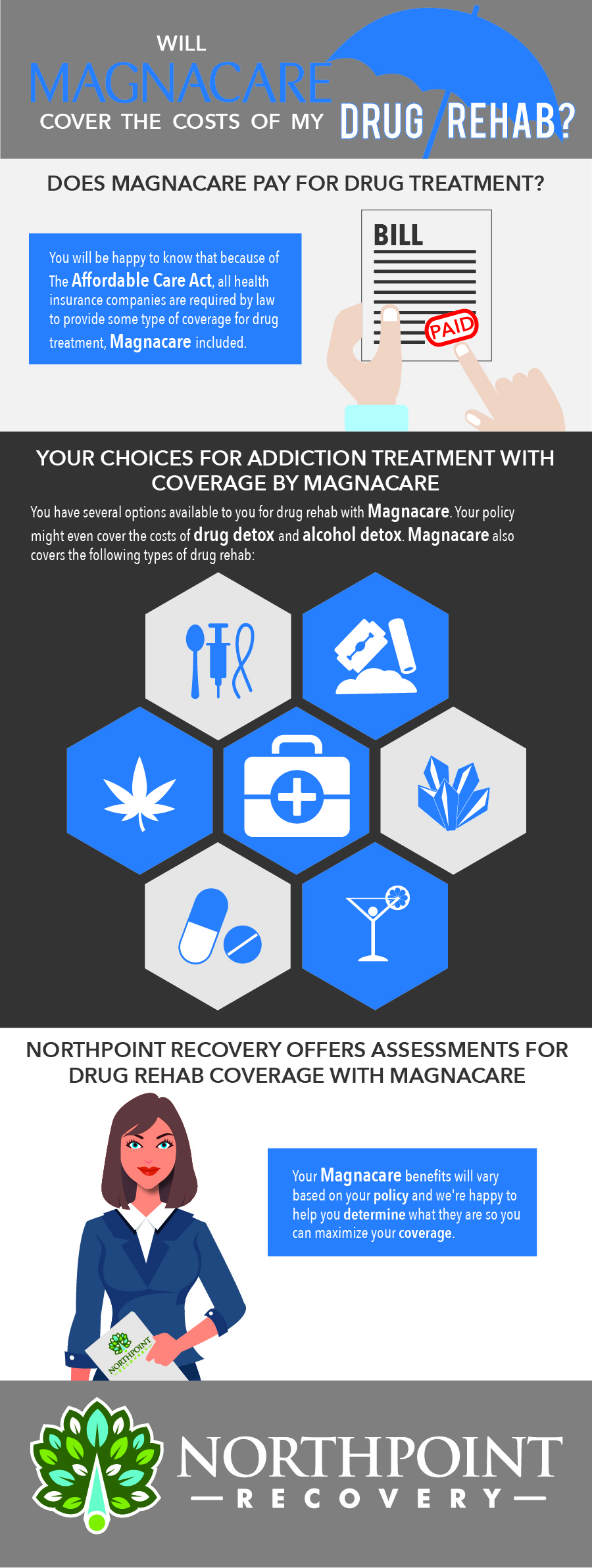Coping With Triggers And Cravings After Drug Rehab
Coping With Triggers And Cravings After Drug Rehab
Blog Article
Developed By-Blackburn Meier
You have actually finished Drug rehabilitation and taken a significant step in the direction of a much healthier lifestyle. Now, dealing with triggers and cravings post-rehab can be a difficult journey. How do you navigate with these moments without jeopardizing your progress? Recognizing the techniques to deal with triggers and food cravings is vital in preserving your sobriety. Let's check out reliable ways to take care of these difficulties and secure your newfound commitment to living a drug-free life.
Identifying Triggers and Cravings
To properly manage your triggers and yearnings, begin by identifying the circumstances or feelings that bring about your desire to utilize. Take a moment to review what circumstances or sensations trigger your cravings. Is it stress, boredom, social scenarios, or specific places? By pinpointing these triggers, you can much better prepare yourself to handle them.
Triggers can be both internal, such as negative emotions or physical pain, and external, like being around people that utilize materials or going to a specific area.
Take note of patterns in your cravings-- are they more frequent at particular times of the day or in response to specific events?
Building Healthy Coping Strategies
Identifying your triggers and cravings is the first step towards building healthy coping strategies to handle them successfully. When you understand what circumstances, emotions, or individuals trigger your cravings, you can start establishing a plan to resolve them.
One efficient approach is to change unfavorable habits with positive ones. For example, if anxiety sets off cravings, exercising leisure methods such as deep breathing or reflection can aid. Engaging in physical activities such as workout or choosing a walk can also be a fantastic means to manage cravings.
https://www.healthaffairs.org/do/10.1377/forefront.20211208.799414/ of building healthy coping strategies is to produce a supportive atmosphere. Surround on your own with people who understand your journey and can provide motivation and accountability. It's important to develop borders with individuals that might not sustain your recovery.
Furthermore, creating a routine that includes healthy and balanced behaviors like normal exercise, appropriate nourishment, and adequate sleep can assist you stay on track and minimize the chance of experiencing triggers and yearnings.
Seeking Assistance and Liability
Developing a network of helpful individuals who can supply support and hold you responsible is important in managing triggers and yearnings properly. Seek pals, relative, or a support group who comprehend your trip and can use assistance when you deal with tough scenarios.
Having somebody to speak to throughout moments of lure can make a considerable difference in staying on track with your recuperation. Liability companions can help you stay concentrated on your goals and remind you of the reasons that you selected to look for assistance to begin with.
They can also assist in producing a structured strategy to cope with triggers and desires, such as creating alternative activities or dealing mechanisms to change the urge to use drugs. Routine check-ins with your support group can give confidence and motivation, assisting you feel less separated in your healing trip.
navigate to this web-site
Keep in mind, acknowledging and dealing with triggers and yearnings after Drug rehabilitation is a vital component of keeping soberness.
By identifying your triggers, building healthy coping techniques, and looking for support from loved ones or support groups, you can browse via tough minutes and stay concentrated on your soberness goals.
Remember, you aren't alone in this trip, and with the right tools and assistance, you can get over lures and live a meeting, drug-free life.
Remain solid and keep progressing.
